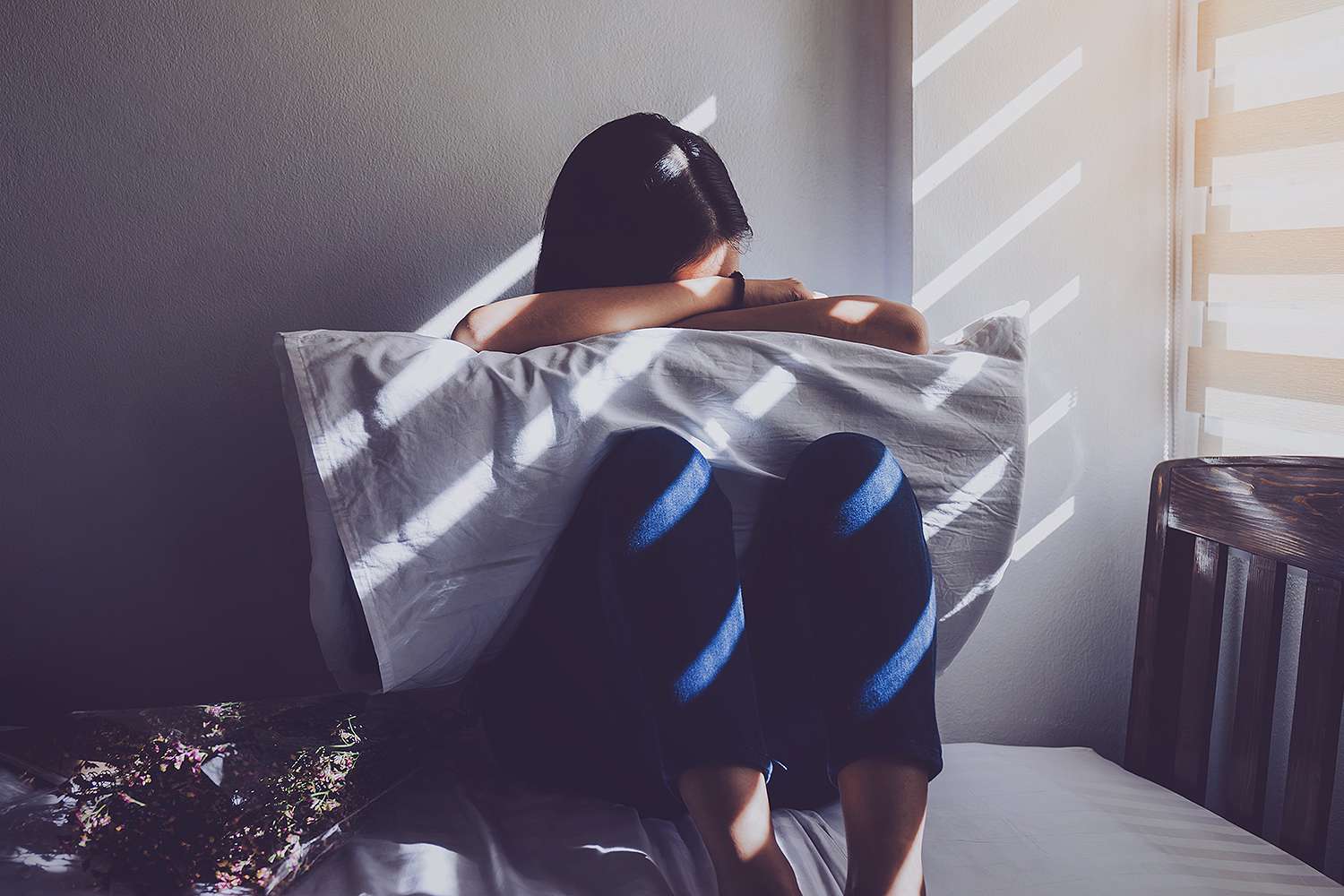

Domestic violence incidents in the United States increased by 8.1 percent after COVID-19 lockdown orders, according to a new study.
The increase in cases of domestic violence began to rise last spring, as stay-at-home orders began confining people to their homes, according to findings published last week by the National Commission on Covid-19 and Criminal Justice (NCCCJ).
Although earlier reports relied solely on police calls, this analysis was based on 12 U.S. studies, which included data from crime reports, emergency hotlines as well as hospital records from multiple cities.
The analysis also included studies from six other countries. Taken together with the U.S. studies, data showed a 7.9 percent increase in domestic violence incidents after lockdown measures were implemented.
The authors also pointed to separate report from over the summer, which documented a 9.7 percent increase in domestic violence calls during March and April.
"Our analysis confirms the initial fears we had at the outset of the pandemic," lead author Alex R. Piquero, chair of the University of Miami Department of Sociology, said in a press release.
"While further research is needed to help us better understand the web of factors underlying this rise in domestic violence, our findings demonstrate that the pandemic's isolating impacts increased risk for potential victims," Piquero added.
In the report, the authors pointed to "increased male unemployment, stress associated with childcare and homeschooling, and increased financial insecurity" as other factors that could have impacted the rise in domestic violence.
While speaking with CNN, Piquero said that he thought "the problem is actually worse," adding, "in my mind, I think that 8% is a floor and not a ceiling."
Never miss a story — sign up for PEOPLE's free weekly newsletter to get the biggest news of the week delivered to your inbox every Friday.
"The pandemic has thrown many of the most vulnerable people in our society into especially challenging circumstances, so these findings should not surprise us," NCCCJ director Thomas Abt, added in a press release about the study.
"Policymakers and researchers should work to further understand the impacts of the pandemic and provide additional resources for domestic abuse prevention and victim services, particularly to those who are most isolated and at risk," Abt concluded.
RELATED: Domestic Violence Is Rising amid Pandemic — and 'Vulnerable People Are Not Able to Report'
Dr. Amanda Stylianou, the quality improvement director at Rutgers University's Behavioral Health Care center, previously told PEOPLE that abusers can use the fear of COVID-19 as a means of controlling their victims — like for example, threatening to throw them out of the home in a time of crisis.
"In a time where it's very possible that you're losing your job, and where you have financial uncertainty looking forward, we've heard from many survivors that they're returning to the abusers because they feel like they're facing this battle between kind of physical safety and financial safety," Stylianou said.
As previously outlined to PEOPLE by Katie Ray-Jones, CEO of the National Domestic Violence Hotline, warning signs that someone is being abused include partners who insult them in front of other people, seeming constantly worried about angering their partner, making excuses for their partner's behavior and partners seeming extremely jealous or possessive.
If you are experiencing domestic violence, call the National Domestic Violence Hotline at 1-800-799-7233, or go to thehotline.org. All calls are toll-free and confidential. The hotline is available 24/7 in more than 170 languages.
If you or someone you know has been a victim of sexual abuse, text "STRENGTH" to the Crisis Text Line at 741-741 to be connected to a certified crisis counselor.
As information about the coronavirus pandemic rapidly changes, PEOPLE is committed to providing the most recent data in our coverage. Some of the information in this story may have changed after publication. For the latest on COVID-19, readers are encouraged to use online resources from CDC, WHO, and local public health departments. PEOPLE has partnered with GoFundMe to raise money for the COVID-19 Relief Fund, a GoFundMe.org fundraiser to support everything from frontline responders to families in need, as well as organizations helping communities. For more information or to donate, click here.
Source: Read Full Article